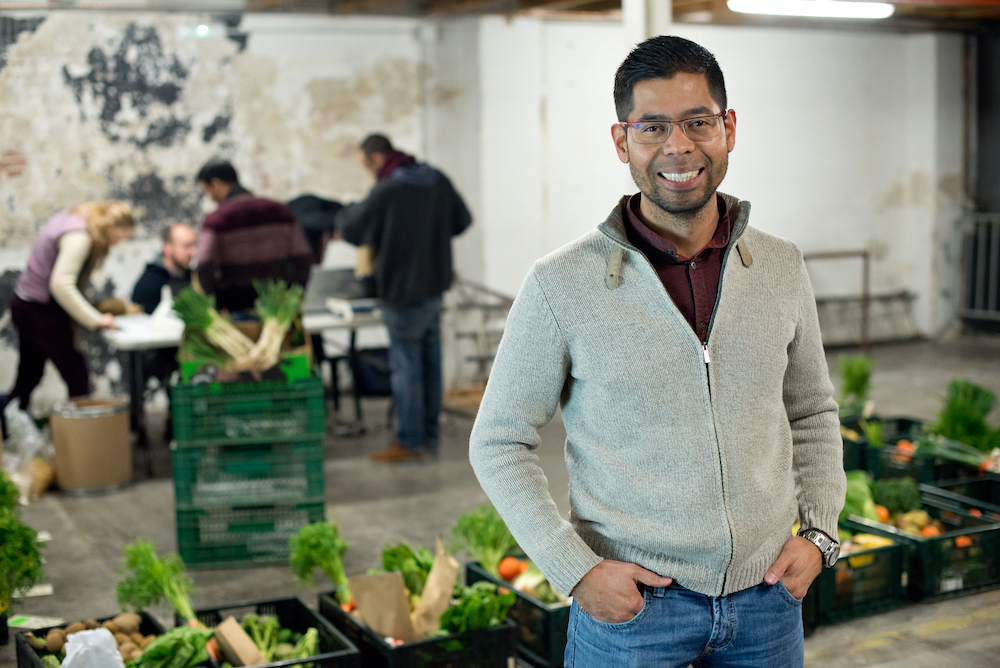Community Food Enterprises: Local Businesses for Social Good

Have you ever heard of Community Food Enterprises?
The term community food enterprises (CFEs) encompasses a diverse range of locally-owned and locally-controlled food businesses that are focused on making a positive impact for the communities they serve. Whether it’s improving social or environmental outcomes, making healthy food more accessible, or supporting local producers with fair prices, CFEs are all about creating a better food system.
Running a CFE isn’t easy. It’s not just about making a quick profit; it’s about being in it for the long haul and having the right reasons. To succeed, you need suppliers and customers who truly believe in what you’re doing. There are also significant costs involved in delivering all these benefits–costs that the industrial food system usually ignores.
How can CFEs thrive despite the challenges?
Public funding can be crucial
First of all, public funding can be crucial, especially when working with vulnerable communities or during the startup phase of a CFE project.
Get creative with resources
Beyond that, successful CFE’s get creative with their resources. Instead of spending a ton on new equipment, they find under-utilized assets or leverage information technology to cut down on capital costs. They also rely on the support of volunteers and carefully design their logistics and shared infrastructure to be efficient. Attention to detail and streamlining administrative tasks and labor also play a big role. CFEs often find ways to cross-subsidize different customer groups and even receive payment for the public good outcomes they achieve from government or philanthropic funders.
Collaboration is key
Collaboration is another key ingredient in the success of CFEs. By working together, different projects can attract informed customers, reduce inefficiencies, and share costs across multiple enterprises. It’s all about supporting and learning from each other.
New CFE’s often require one-on-one advice and peer support. That’s why events and online discussions are so important. When starting up a CFE, it’s crucial to have mentoring and collaboration opportunities for several months. Incubator programs that focus on food systems literacy, collaborative skills, and enterprise start-up skills can be a game-changer.
Government and regional actors have a role to play
This is where outside support comes into play. All levels of government and regional actors have a significant role in supporting CFEs and helping them achieve their public good objectives. Regional events, food system development programs, and small grants programs are great ways to provide that support. Having someone like a local food activator, who can bring different stakeholders together and catalyze collaboration, can make a real difference. It’s also helpful for CFEs to have a central point of support and access to shared infrastructure.
Community food enterprises are not only about delicious food but also about building stronger and healthier communities. With the right support, these local businesses can create a more sustainable and inclusive food system that benefits us all.
Do you run a CFE?
We’d love to connect. Email us to find out how OFN can support your enterprise and your community.

Open Food Network is a free and open source software platform. Our content is licensed with CC BY-SA 3.0 and our code with AGPL 3.
We take good care of your data. See our cookies policy
